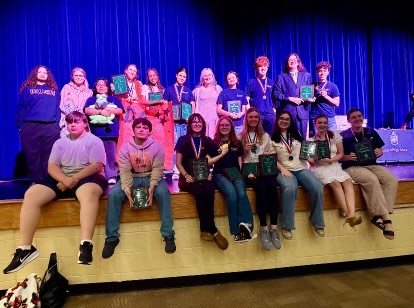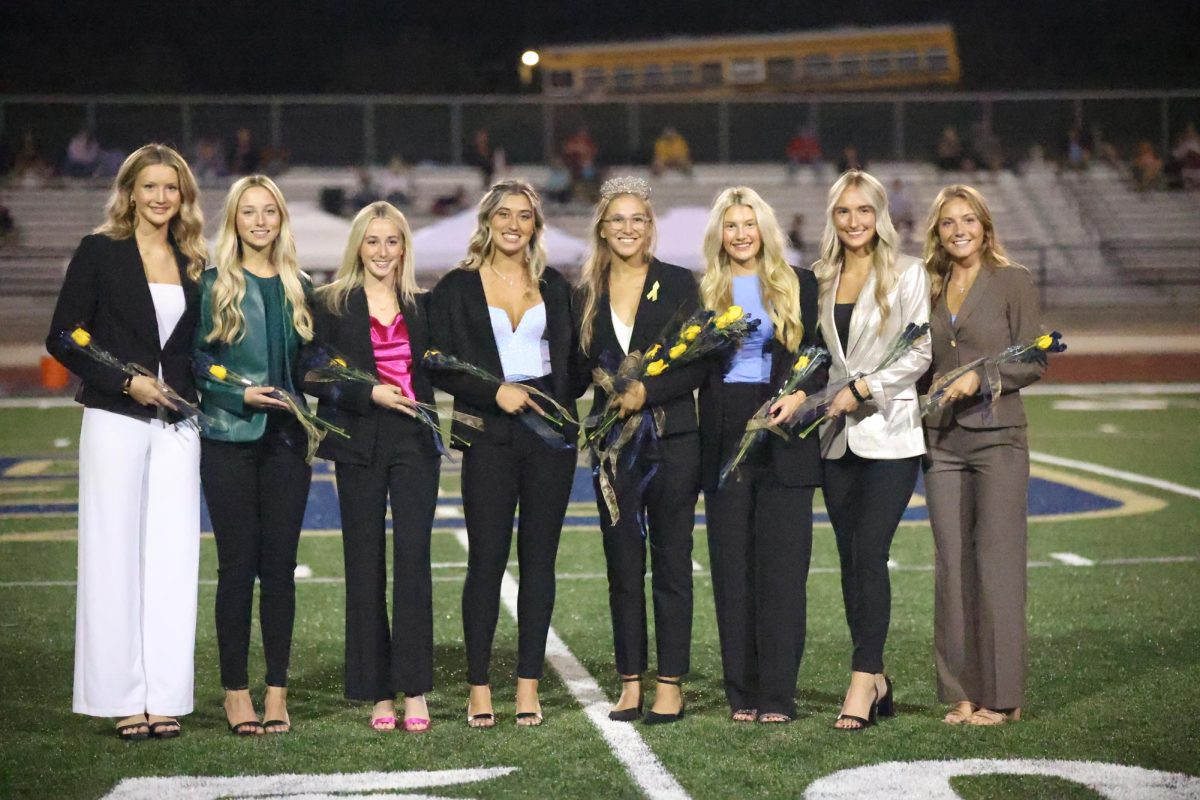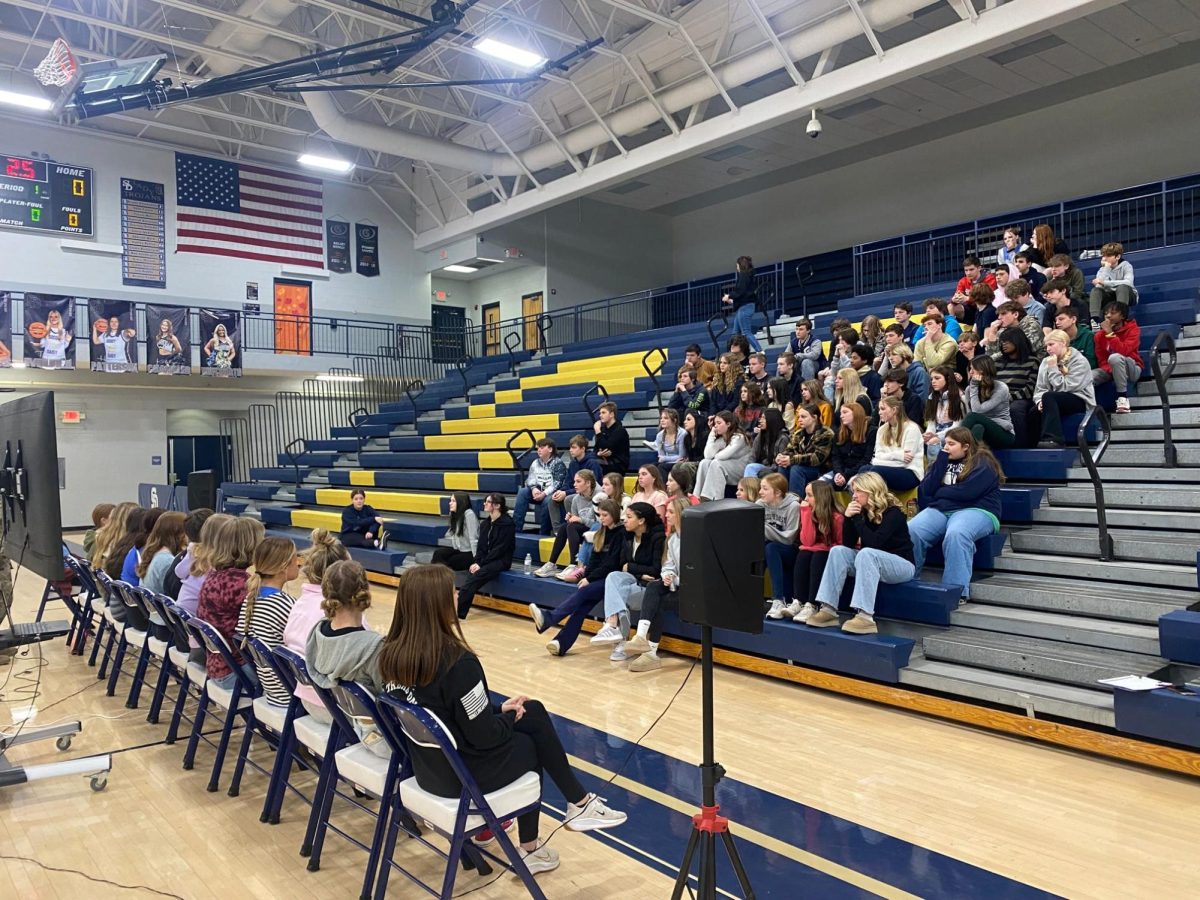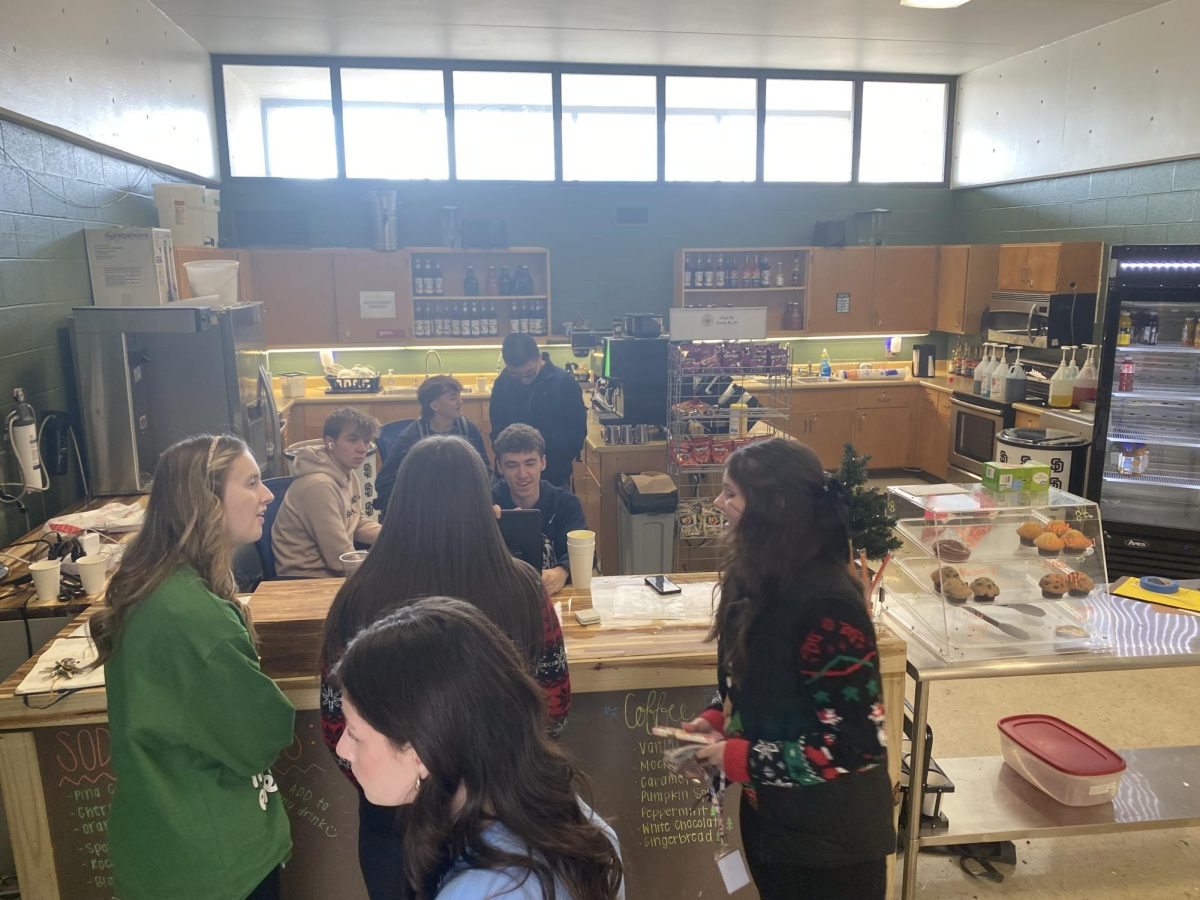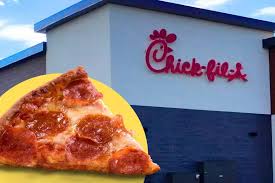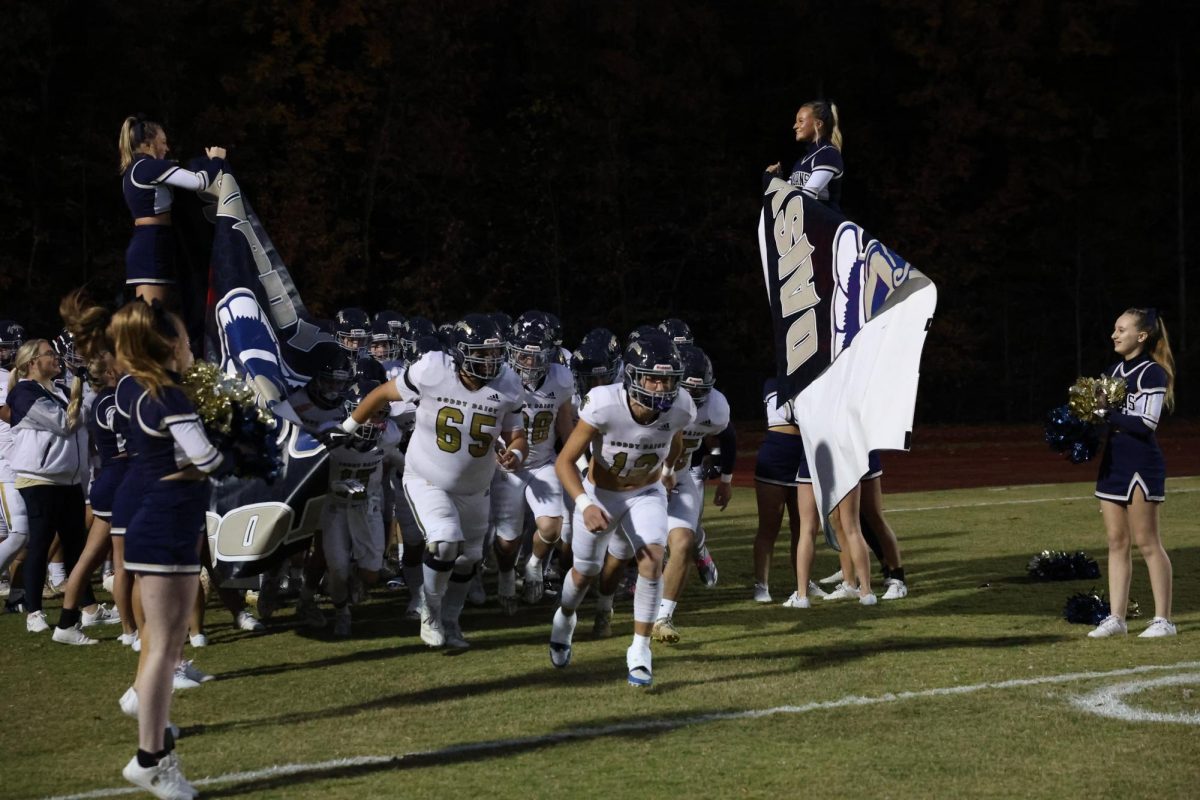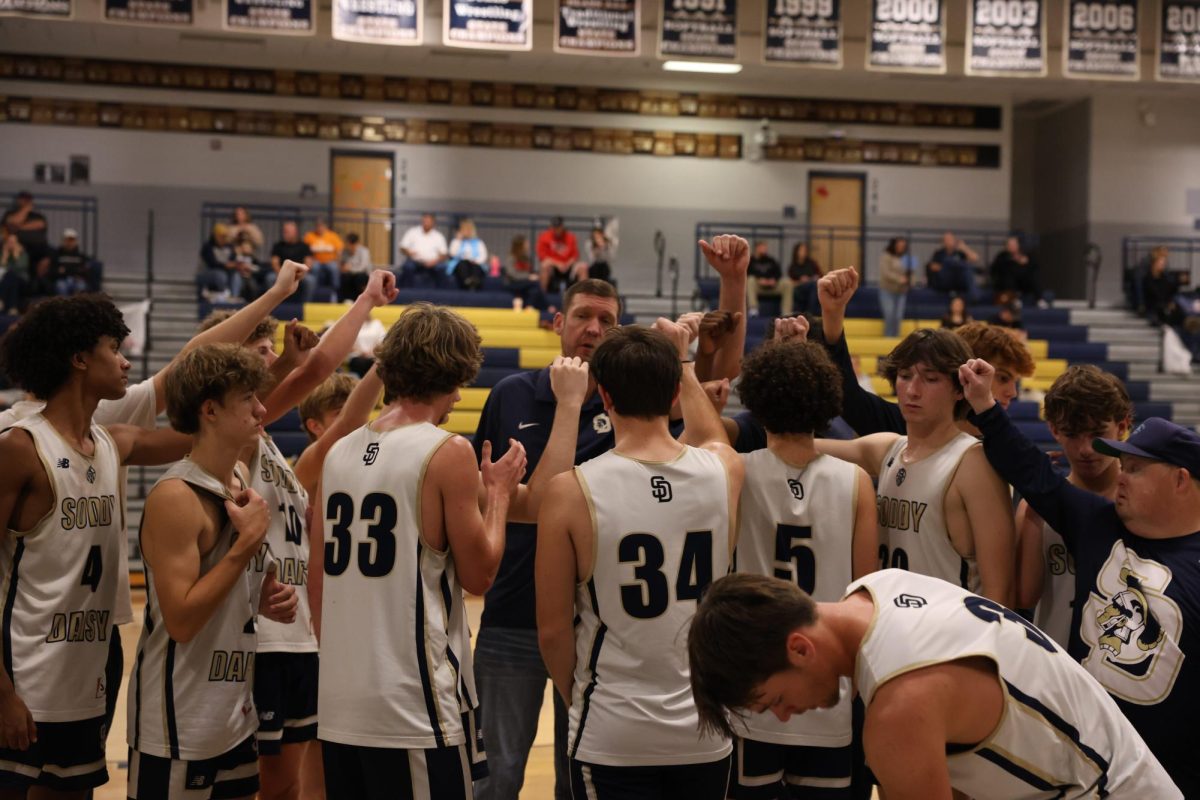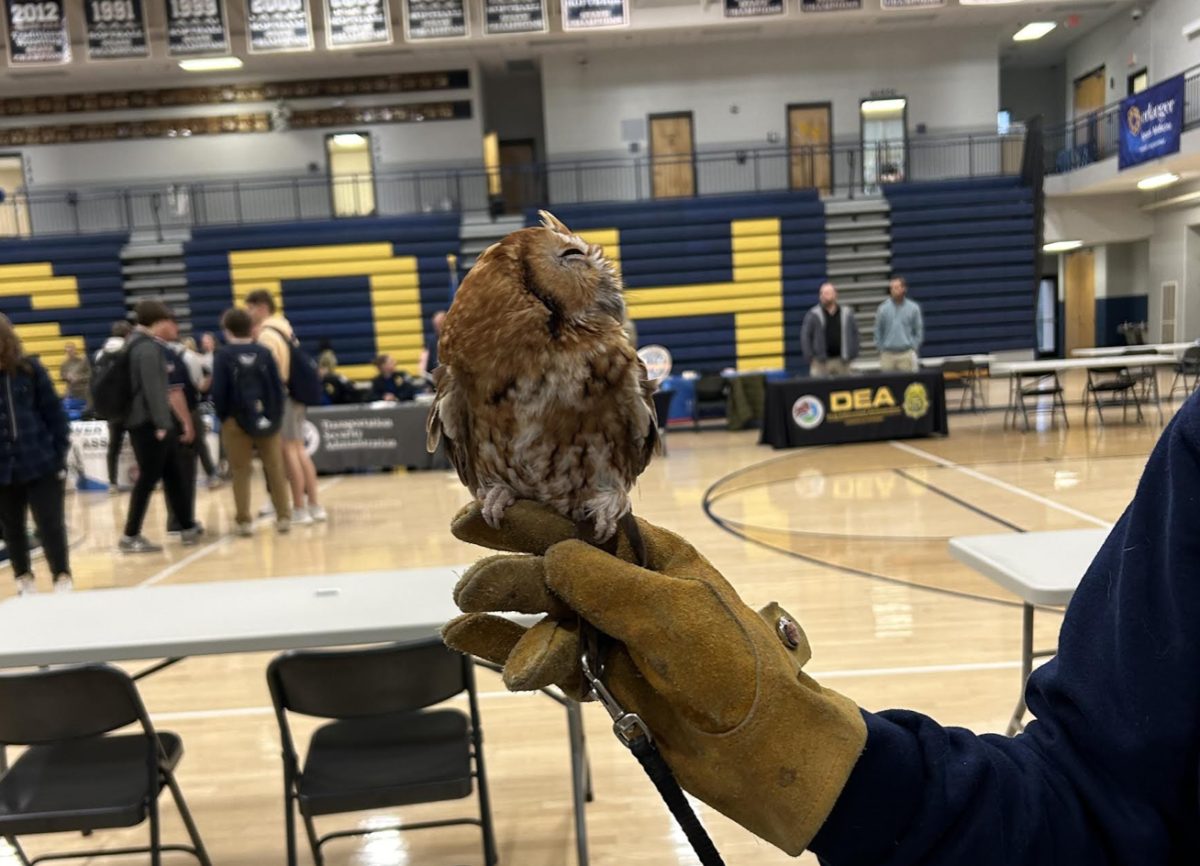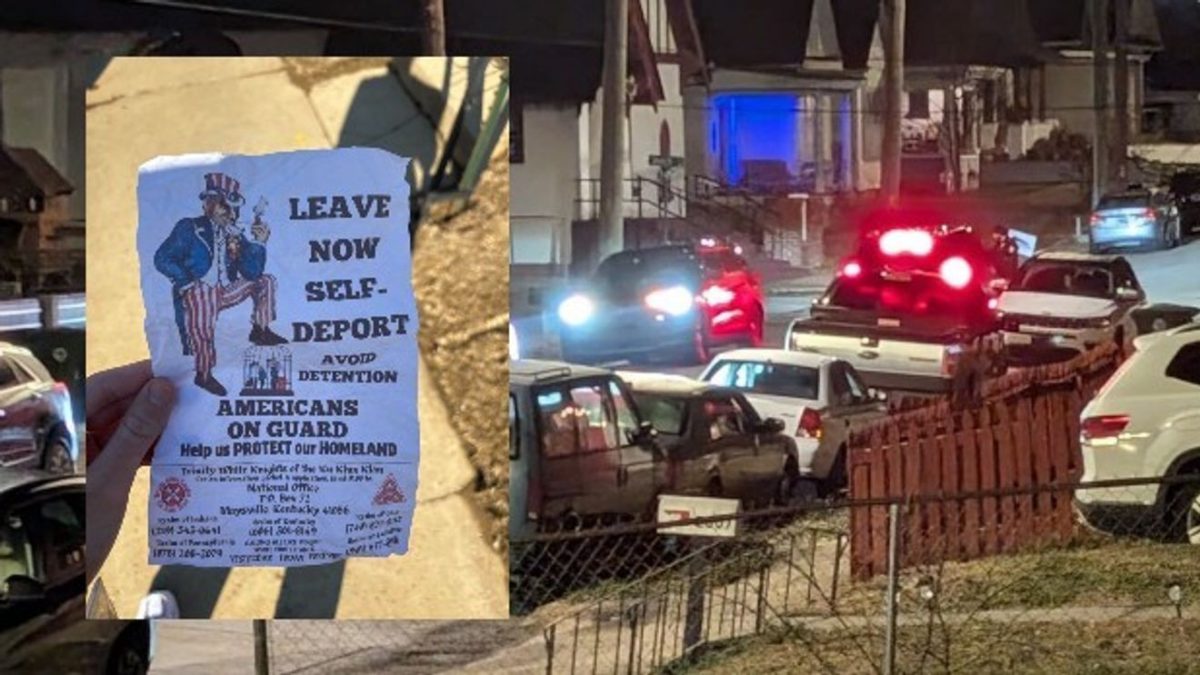From tending to the mighty lions to ensuring the well-being of stealthy spiders, a zoo worker’s day is filled with diverse and captivating animal encounters. At this Wednesday’s career fair, your eyes may have been drawn to Rose, the enchanting owl, or Charlotte, the endearing spider-turtle, igniting a passion for the field of veterinary medicine. But what does working with animals all day entail, and how does one start a career in this field?
Tony Ashley, a seasoned zoo medicine practitioner at the Chattanooga Zoo, has dedicated over twenty years to caring for animals. He sheds light on the daily rewards and challenges of working in a zoo, offers advice for those interested in pursuing this unique and fulfilling career path, and shares his insights on the future of veterinary medicine.
Veterinarians encounter a variety of challenges throughout their careers, and Tony Ashley, with his extensive experience, highlights one that may come as a surprise to many: the difficulty of trimming a giraffe’s hooves. Due to their size and skittish nature, giraffes present a unique challenge. To manage this task, zoos use a specialized ‘chute’ system that acclimates these towering creatures to various veterinary procedures, such as hoof trimming and weight measurement.
While the chute has been indispensable for years, Ashley emphasizes that the next leap forward in zoo veterinary care involves artificial intelligence (AI). AI promises to revolutionize the way veterinarians interact with and treat their animal patients, potentially making procedures safer and more efficient for all involved.
Everyone knows that veterinary school is challenging, so why would someone opt for difficult college classes only to face more rigorous coursework later? Tony Ashley believes that, “taking harder college classes helps to prepare you for veterinary school.” By preparing for the challenges of veterinary school early on, students can alleviate some of the stress down the line.
Another piece of advice from Ashley is to develop strong communication skills in anticipation of your future career. While most people think veterinarians work only with animals, the reality can be quite different, depending on your specialty within veterinary medicine. For example, vets who treat pets also need to interact extensively with the animals’ owners.
Ashley also says networking plays a major role in this field, “no matter what job you go into, networking will always be important.” She advised that the veterinary field is small, especially small in the zoo veterinary field, so everyone knows each other; remember to always respect your colleagues, you never know what you might need from someone down the road.
The Chattanooga Zoo offers many opportunities for students aspiring to work with animals and conservation, such as their zoo club, job shadow, and summer programs.
- Zoo Club is for both middle and high school students (separate clubs). They meet once a month and have two semesters per year. Spring semester runs from Jan-May, and Fall semester runs from Aug-Dec.
- Job Shadow is for high school and college students wanting more experience in the animal care field. Students will be able to work alongside animal care staff from 9am-12pm on wednesdays and saturdays, with a fee of $30.
- 2024 Summer Programs for the Chattanooga Zoo have yet to be posted to their website
For more information on their teen opportunities and their requirements, visit https://www.chattzoo.org/education/teens



